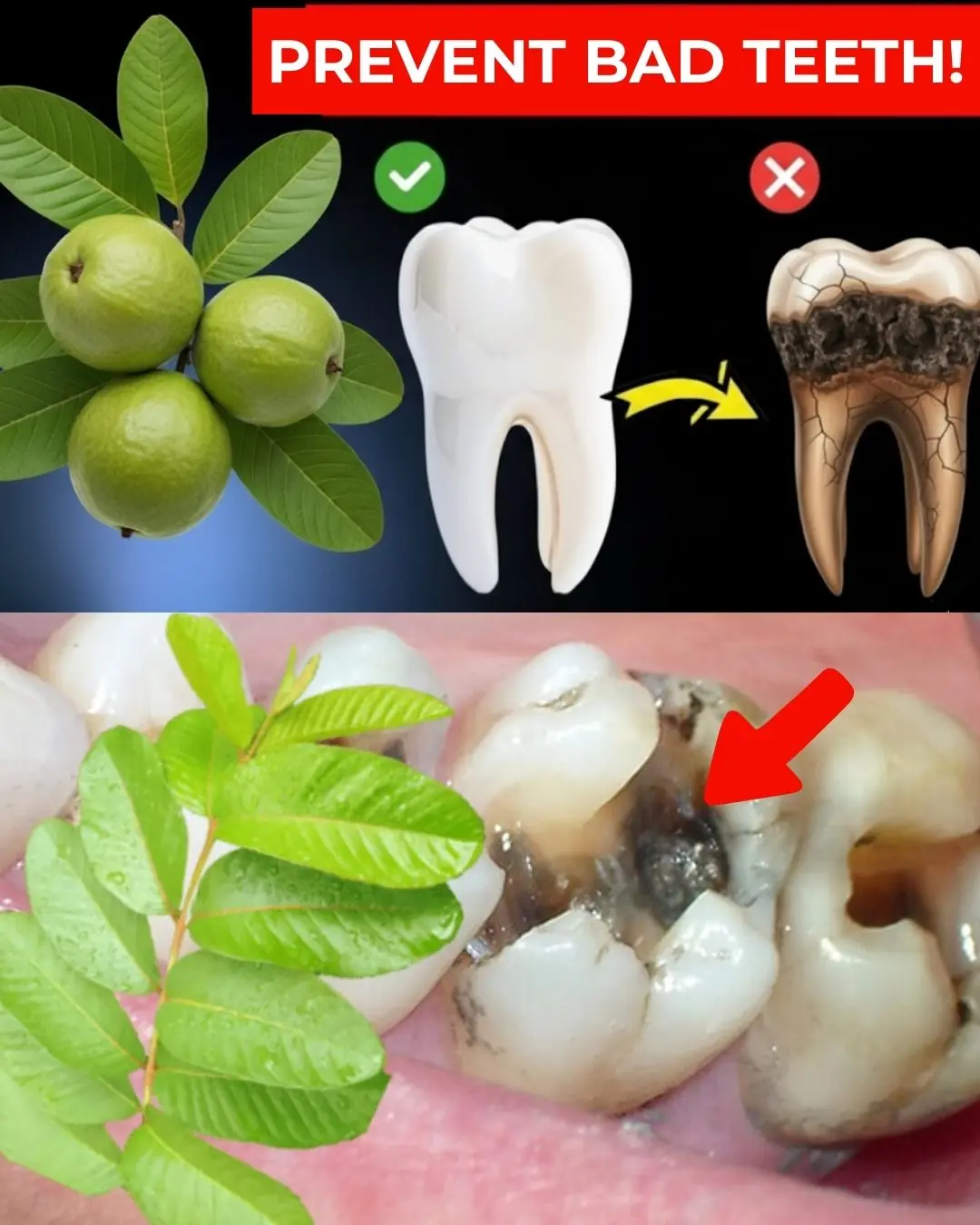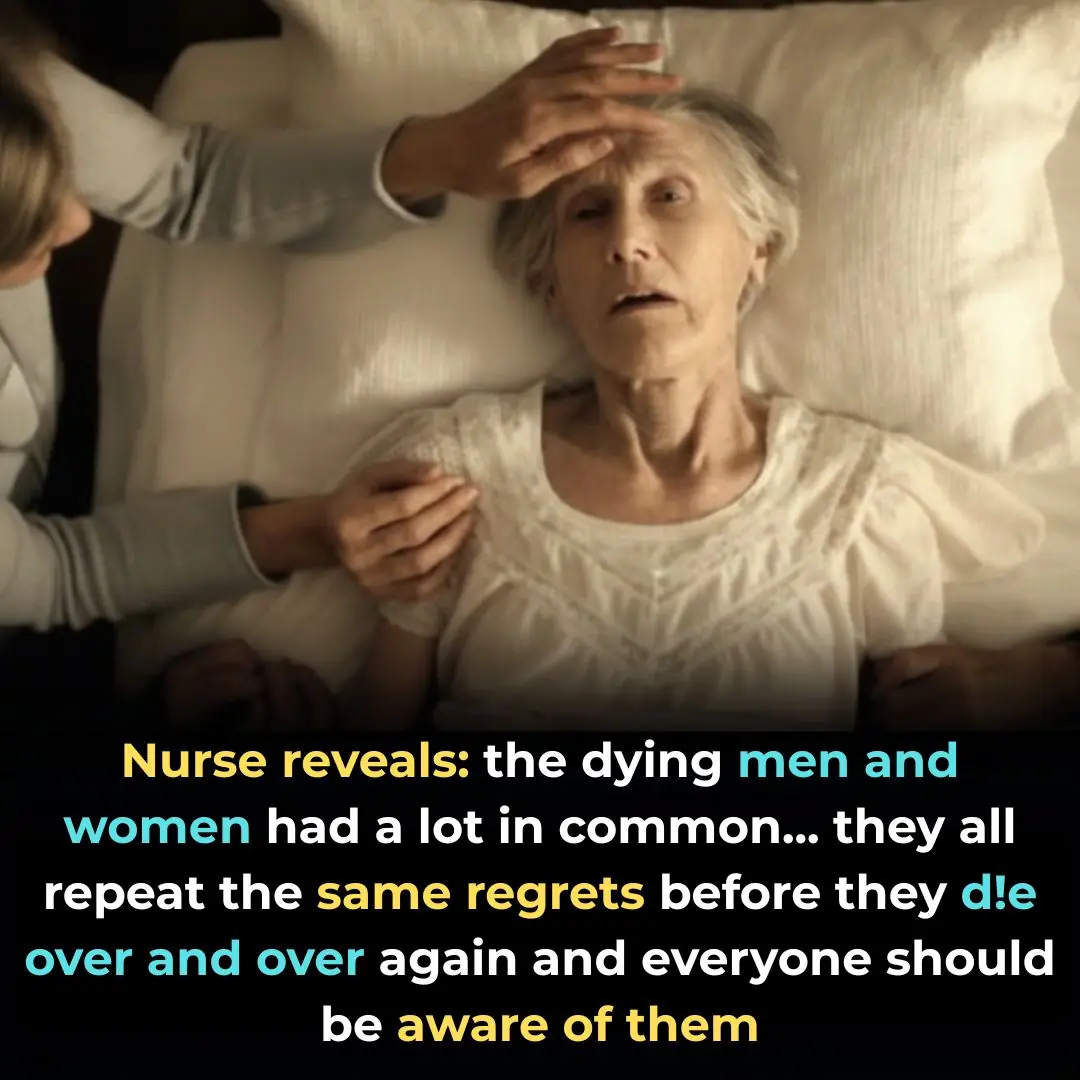
Steps to Take When Your Adult Children No Longer Show Respect

After years—often decades—of raising children, making sacrifices, and pouring your heart into their well-being, most parents hope for something simple in return: respect, care, and maybe the occasional phone call just to say hello.
But what happens when those children grow up, and that basic connection begins to fade? When text messages go unanswered, phone calls feel one-sided, input is brushed aside, and your presence seems invisible?
This emotional drift is far more common than people like to admit. And while it can feel deeply personal and painful, it’s not a hopeless situation.
If you’re feeling overlooked, disrespected, or emotionally sidelined by your adult children, please know: you are not alone. And more importantly, you are not powerless. There are meaningful, compassionate steps you can take to protect your peace, reclaim your dignity, and cultivate a fulfilling life—whether or not your children come along for the journey.
1. Recognize and Validate Your Emotions
You don’t need to explain away your feelings or compare your pain to others’. If you feel hurt, disappointed, or forgotten—those emotions are real, and they matter.
Too often, parents internalize this pain as failure or guilt. But suppressing your feelings doesn’t protect you; it only delays healing. The first and most powerful thing you can do is acknowledge your truth without shame.
Give yourself permission to feel it all—the sadness, the anger, the confusion. This is the beginning of healing, not weakness.
2. Set Clear and Respectful Boundaries
Love and respect are not mutually exclusive. You can love your adult children deeply and still say, “This behavior is not okay.”
Whether it’s emotional manipulation, chronic disrespect, or simply being treated as an afterthought—setting boundaries is not about punishing anyone. It’s about teaching others how you expect to be treated.
Speak calmly and clearly. Let them know what you will and will not accept. Boundaries are not walls—they’re doors that only open for kindness, respect, and reciprocity.
3. Stop Chasing Validation
If you’re always the one reaching out—sending texts, initiating visits, making all the effort—it might be time to step back.
You shouldn’t have to beg for connection or justify your worth. Silence can be painful, but it can also be powerful. Sometimes, a quiet retreat says more than a dozen ignored messages ever could.
Let your dignity speak louder than your desperation. Let them miss you.
4. Live Fully and Independently
You were a whole person long before you were a parent—and you still are.
Now is the time to rediscover the parts of yourself that may have been set aside. Take that trip. Start a new hobby. Reconnect with old friends. Volunteer. Laugh often. Dance again.
Your life is not on pause waiting for someone else to show up. The more you invest in your own happiness, the more you reclaim your power and self-worth.
And sometimes, when your children see you thriving, it inspires them to re-engage with fresh perspective and respect.
5. Adapt Your Communication Style
It’s easy to slip into old roles—giving advice, correcting, or worrying out loud.
But adult children often seek different dynamics. They want to be seen as equals, not as projects to be fixed. Try asking instead of advising. Listen more than you speak. Avoid assuming what they need.
Respect breeds respect. Changing how you communicate can sometimes open doors that lectures and concerns could not.
6. Let Actions Have Consequences
If your children rely on you—emotionally, financially, practically—while showing consistent disregard, it’s okay to reassess the relationship.
Support doesn’t have to be unconditional when respect is absent. You’re not being petty by saying no—you’re setting a standard for how you expect to be treated.
Withholding help until basic decency is restored is not punishment. It’s self-preservation.
7. Seek Support for Yourself
You shouldn’t have to navigate this pain in silence. Speaking to a therapist, coach, or even a wise, nonjudgmental friend can be incredibly grounding.
External support gives you perspective, tools for coping, and a reminder that you matter—not just as a parent, but as a person.
You deserve space to be heard, seen, and supported—without having to be strong all the time.
What If You Feel Unloved by Your Children?
Few feelings are more painful than sensing that your own children don’t love or care about you. But don’t let this feeling define your worth or your future.
Sometimes, adult children are drowning in their own lives—emotionally overwhelmed, mentally unwell, or simply unaware of the impact of their distance. Sometimes, they hold unspoken grievances they’ve never had the tools to express. And sometimes, sadly, they just take you for granted.
If there’s still room for conversation, try to share your feelings gently and honestly—not to guilt or blame, but to open a door.
But if nothing changes, choose distance without bitterness. Let love exist, but don’t let it trap you in pain. You can grieve the relationship you wanted while still building a life that honors who you are now.
Tips to Rebuild Connection and Protect Your Peace
-
Don’t play the victim—but don’t stay silent either. Speak your truth with calm clarity.
-
Be visibly independent. Sometimes, nothing awakens awareness more than absence.
-
Be consistent. If something hurts, don’t keep tolerating it “for peace’s sake.”
-
Do things that make you proud of who you are, outside of your role as a parent.
-
Accept that change might not come. But your peace should not depend on it.
A Final Thought
Being a parent doesn’t mean erasing yourself.
You deserve kindness, respect, and consideration—not just because of everything you’ve given, but simply because you are worthy.
If your adult children can’t—or won’t—give that to you, you are still allowed to protect your peace, set boundaries, and live a life full of meaning, joy, and connection elsewhere.
Because sometimes, the most powerful form of love is letting go of what hurts—and making room for what heals.
News in the same category


Robert F. Kennedy is Reportedly Pushing to Ban All Sodas & Candy From U.S. Food Stamp Benefits. Thoughts?

Donald Trump Asks Supporters To Donate $15 To ‘Get Him To Heaven’

Why Are Mirrors Commonly Installed in Elevators? The Unexpected Benefits of Elevator Mirrors

9 things you should never plug into a power strip
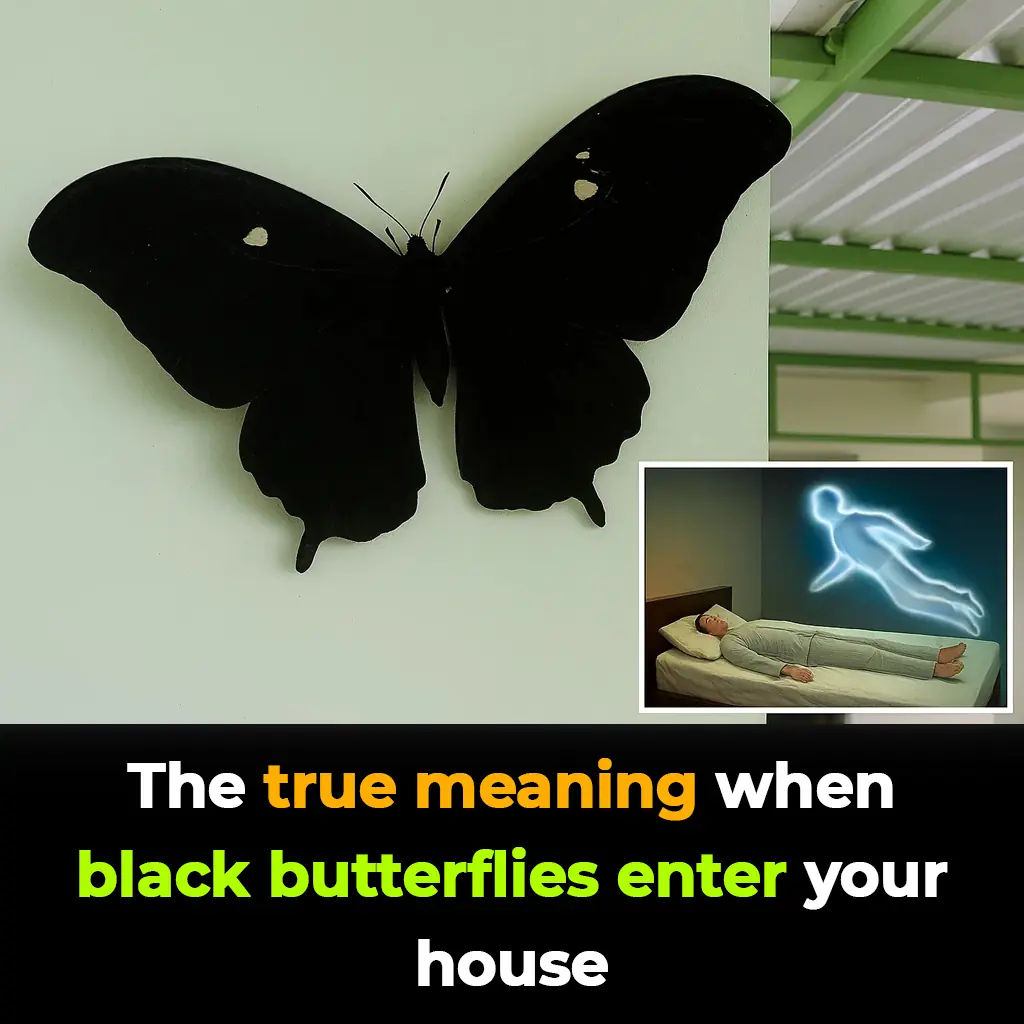
The Spiritual Meaning of Black Butterflies Entering Your Home Revealed
Black butterflies carry meanings that are as complex as they are beautiful.
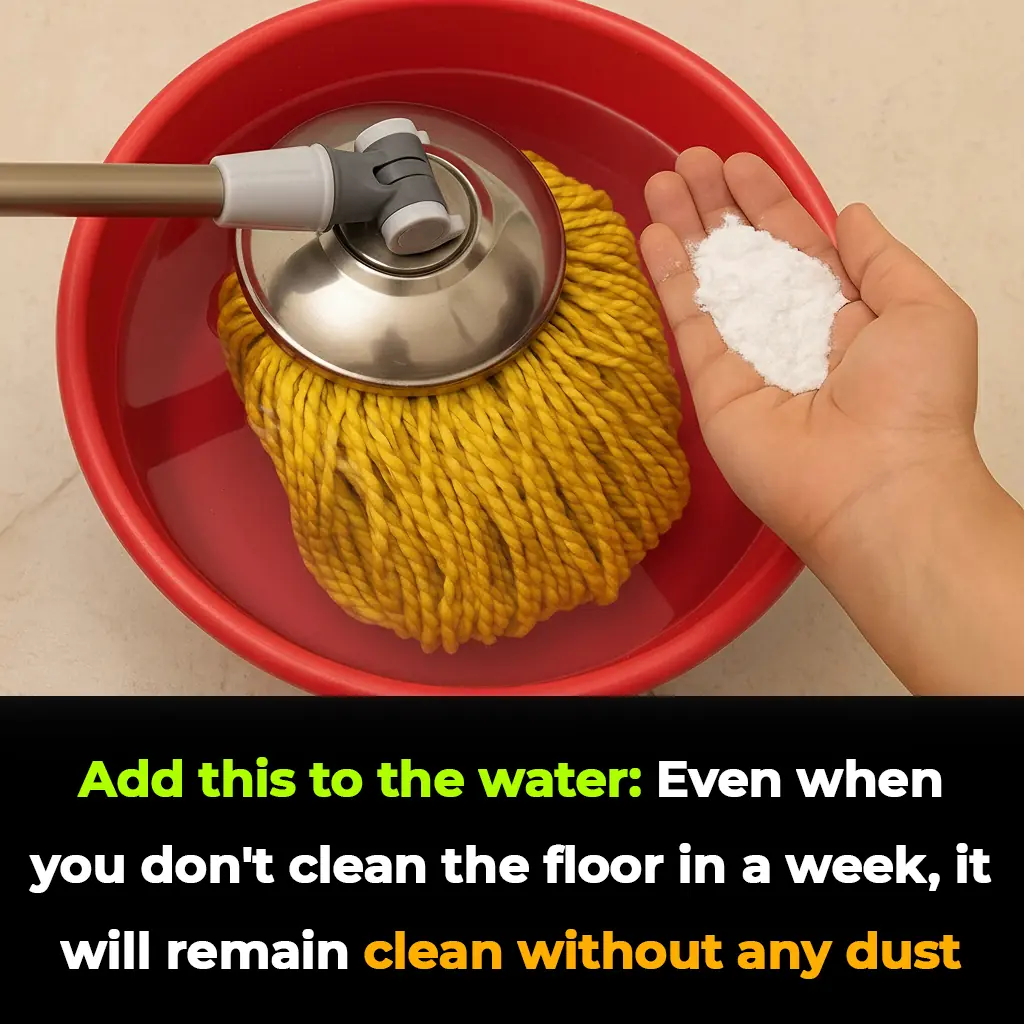
Add This Simple Ingredient to Your Mop Water and Keep Floors Shiny for Weeks
You don’t need fancy, high-priced cleaners to enjoy spotless, long-lasting results.
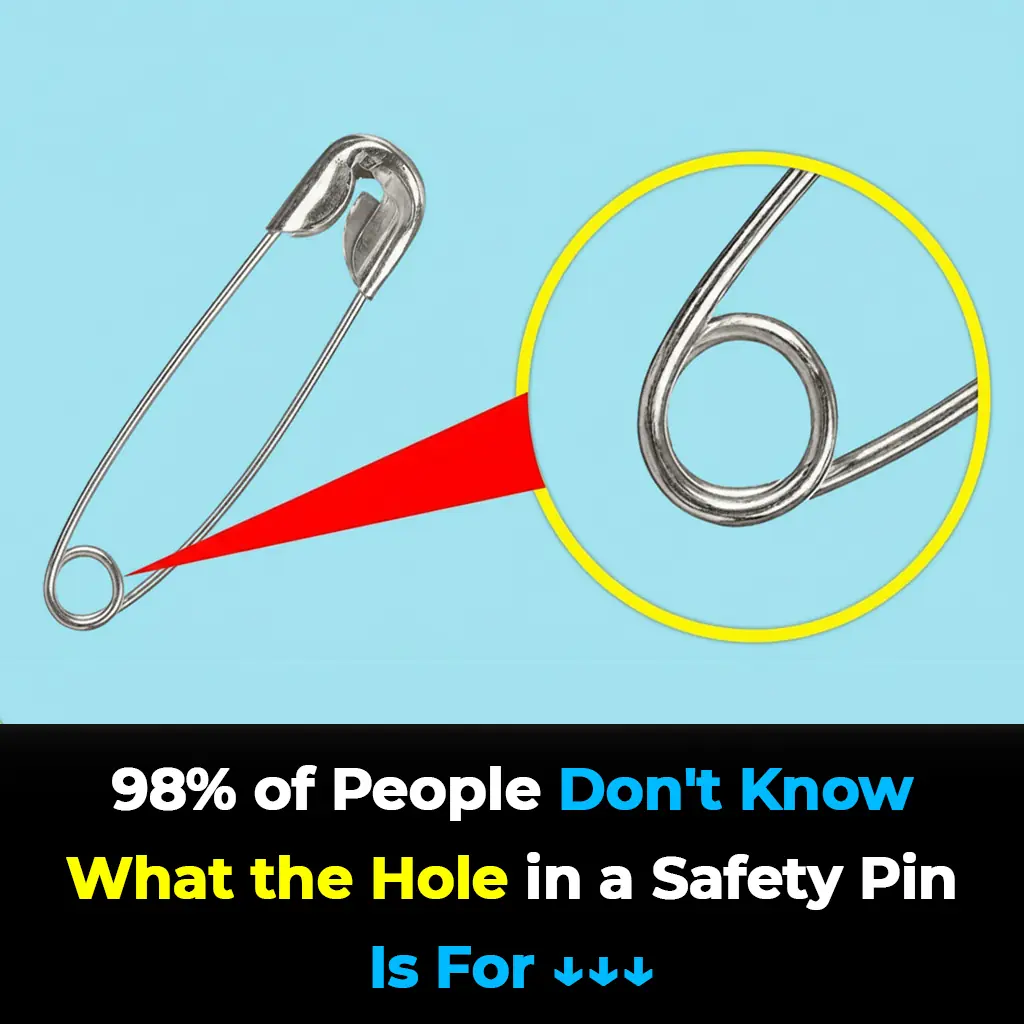
The Secret Use of the Tiny Hole in a Safety Pin Finally Revealed
That tiny hole in a safety pin is more than just decoration—it’s a brilliant example of how even the simplest tools can hold hidden design secrets. W

Unbelievable amount Trump’s net worth has risen since taking office for second term
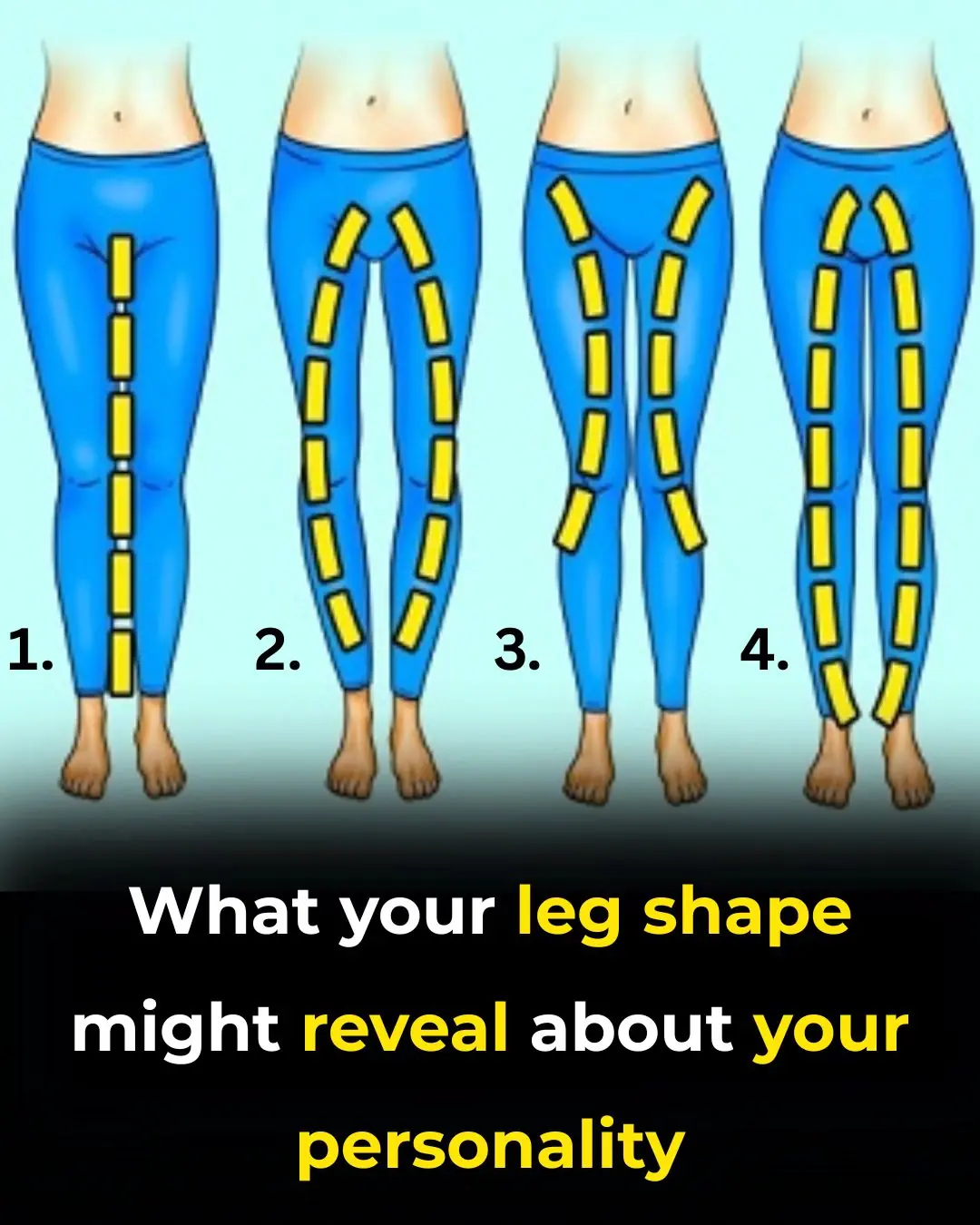
What the Shape of Your Legs Might Say About Your Personality
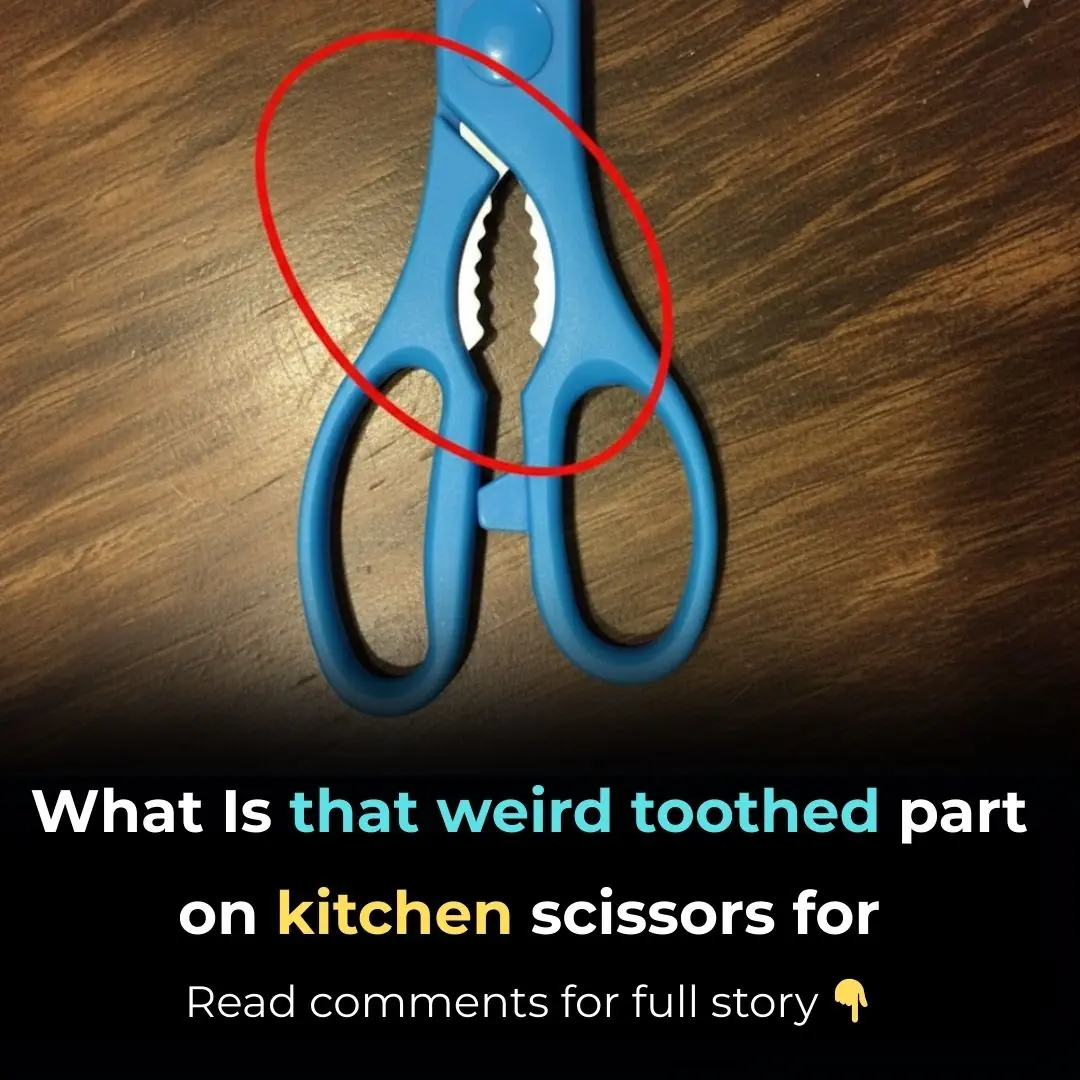
Weird Toothed Part on Kitchen Scissors
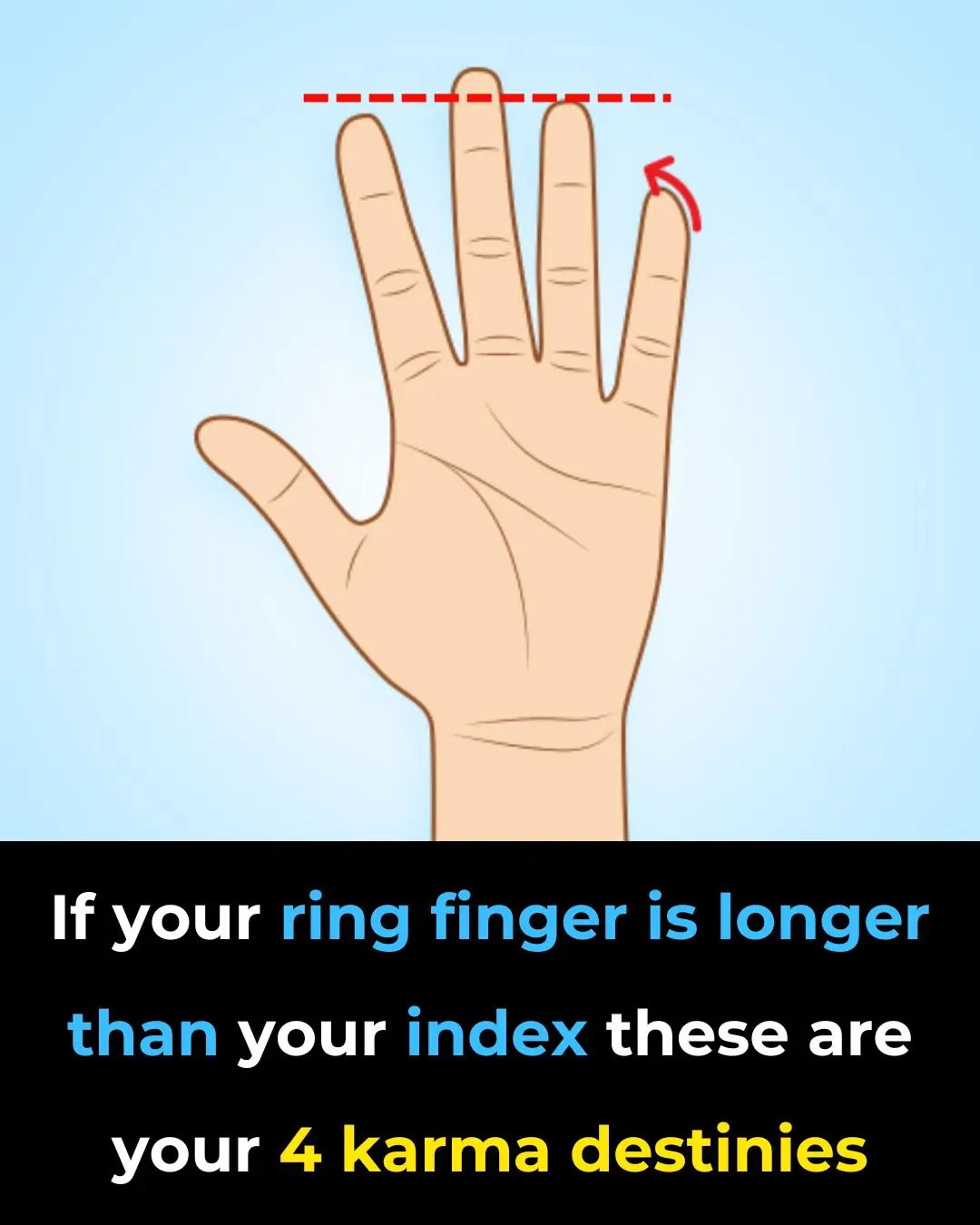
Ring Finger Longer Than An Index Finger

The Story Behind Two Runaway Graves in Savannah Airport

The Simple Object That Might Baffle the Younger Generation
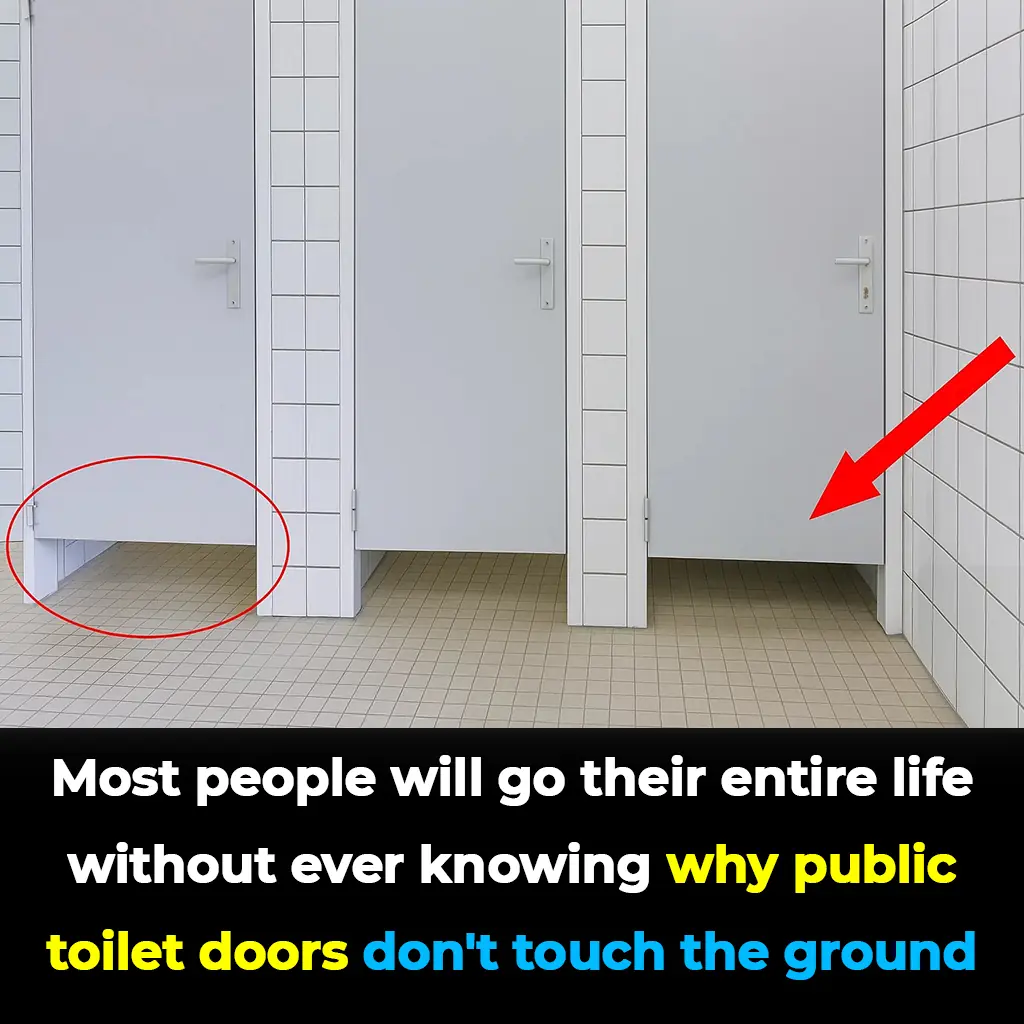
Why Public Bathroom Doors Don’t Reach the Floor – The Real Reason Revealed
The gaps and inward-swinging doors are designed for practicality, serving purposes like enhancing safety and improving efficiency, rather than being the result of poor design.
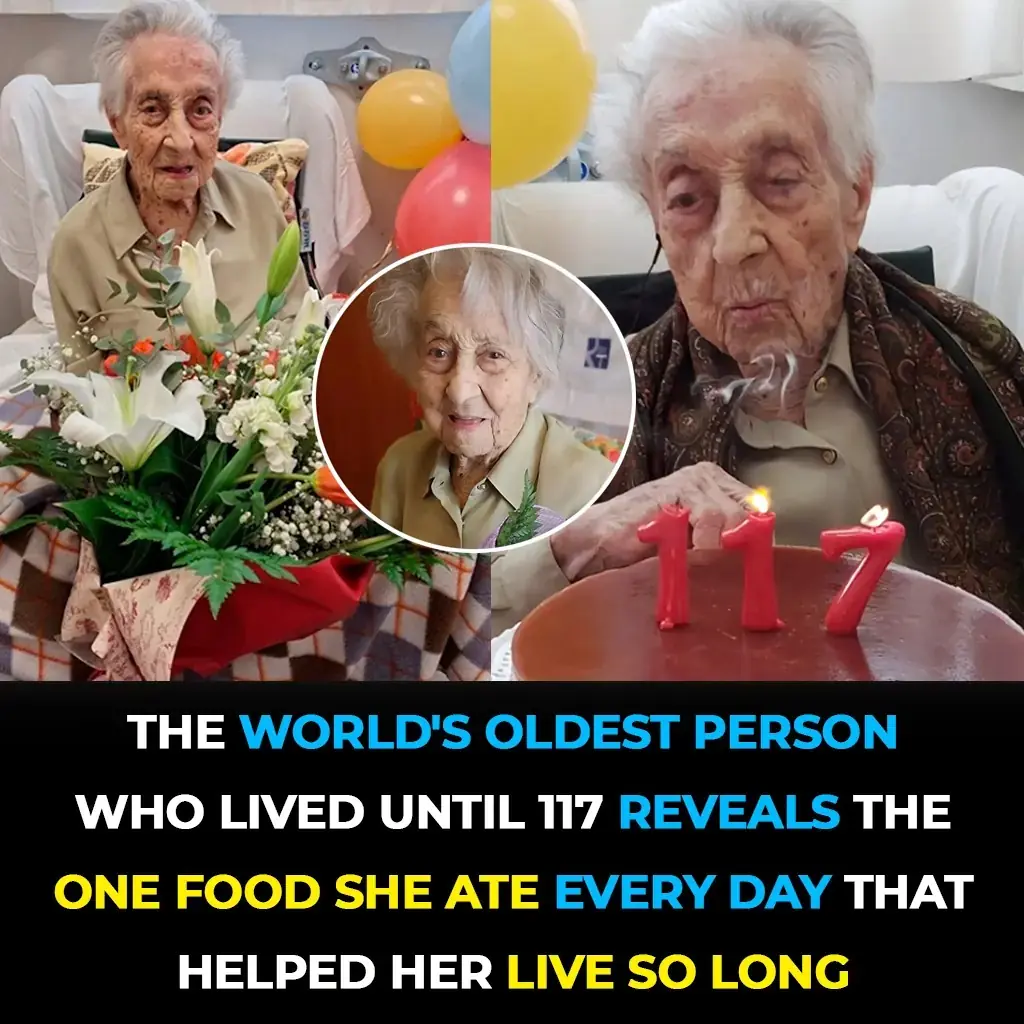
World’s Oldest Woman Lived to 117 By Eating the Same Meal Every Day
Emma Martina Luigia Morano, the world’s oldest woman at the time of her passing, credited her extraordinary 117 years of life to a mix of genetics, resilience, and one very peculiar daily diet. Her remarkable story spans two World Wars, personal tragedy
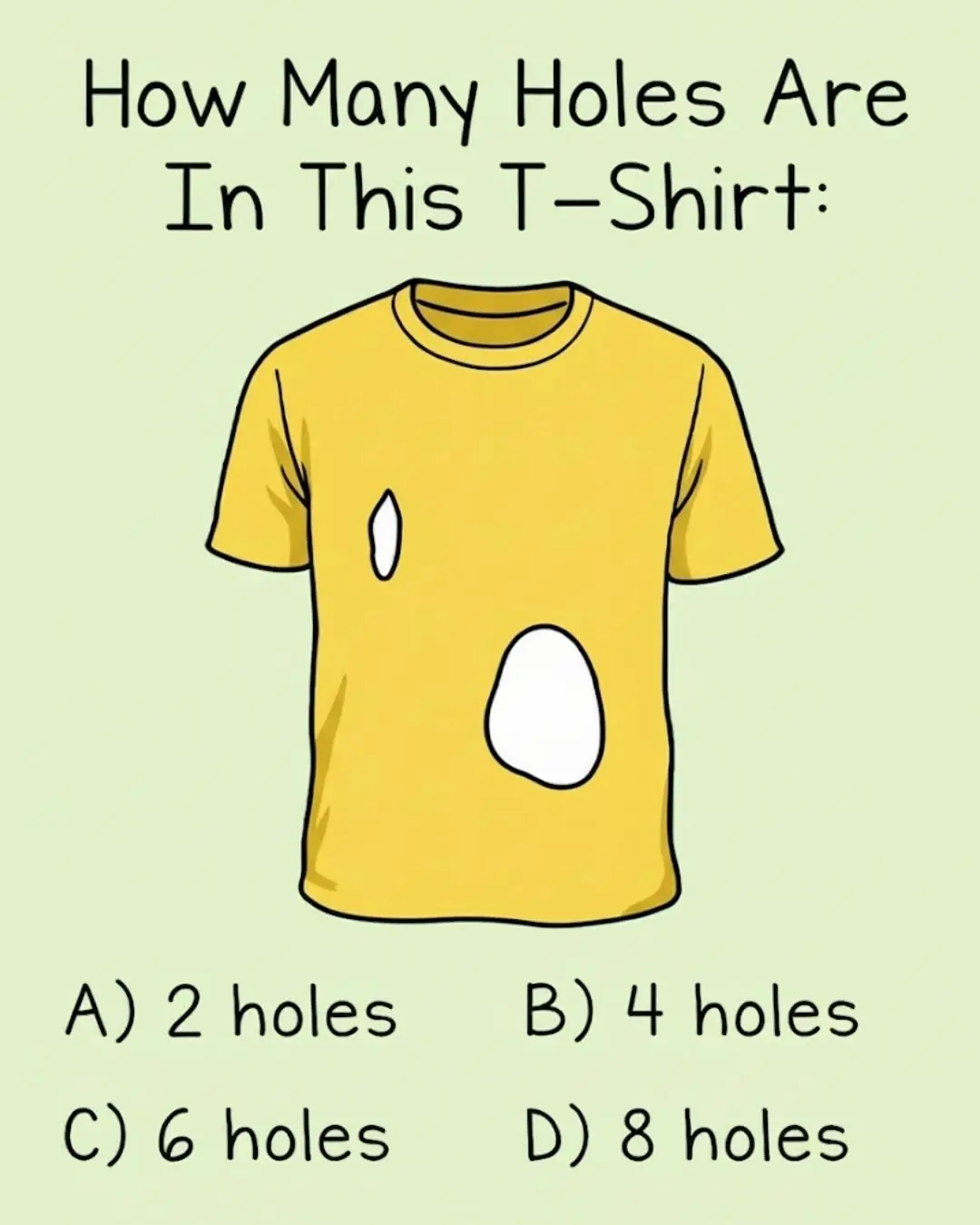
Simple T-Shirt Image Is Driving the Internet Crazy

Scientists Discover Dogs Dream About Playing With Their Owners

Rare 9/11 Footage Reveals Heartbreaking Close-Up of Second Plane Striking Tower
News Post
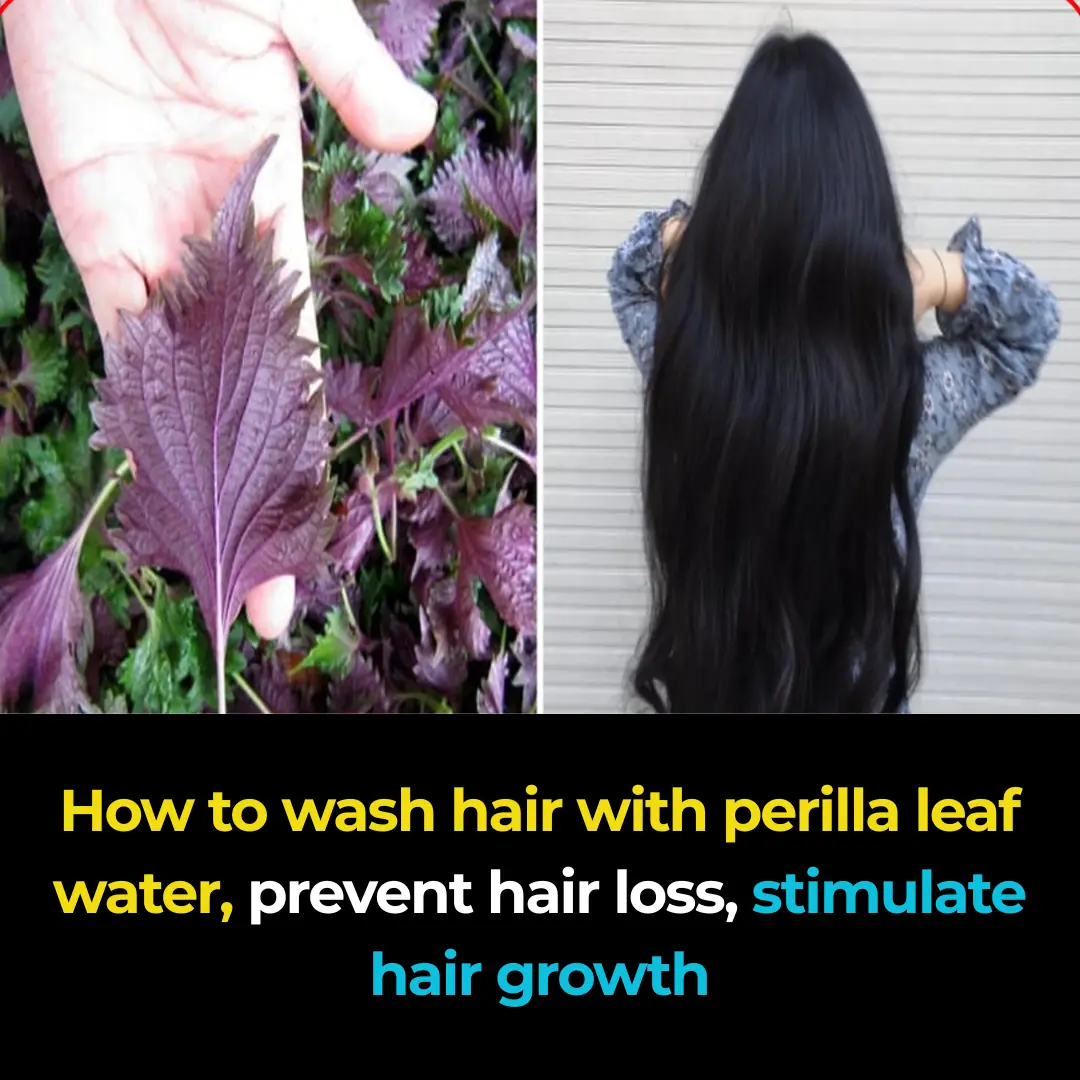
How to wash your hair with perilla leaf water to prevent hair loss and stimulate the growth of new hair.
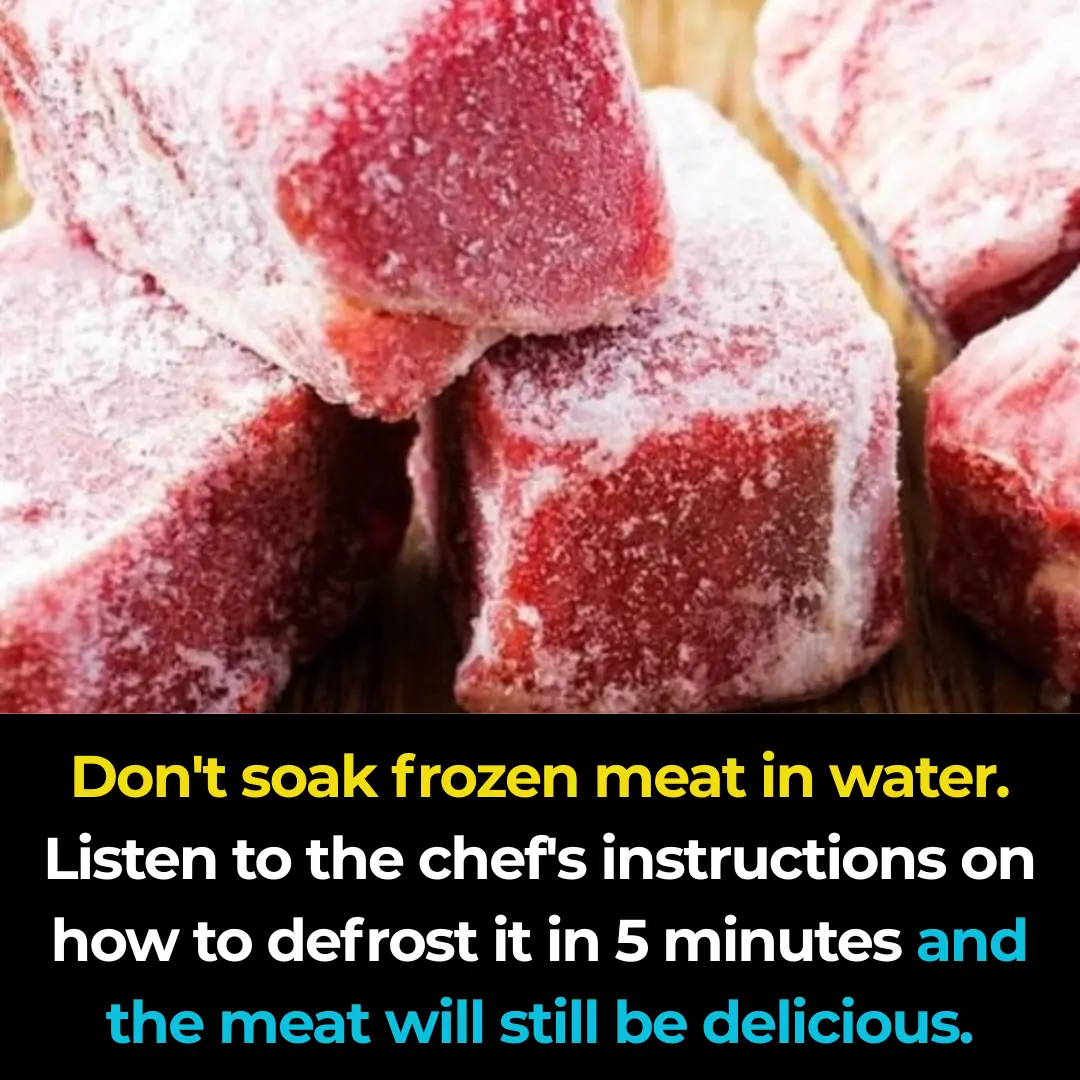
Don’t soak frozen meat in cold water. Follow the chef’s method to defrost it in 5 minutes, and the meat will still taste great.
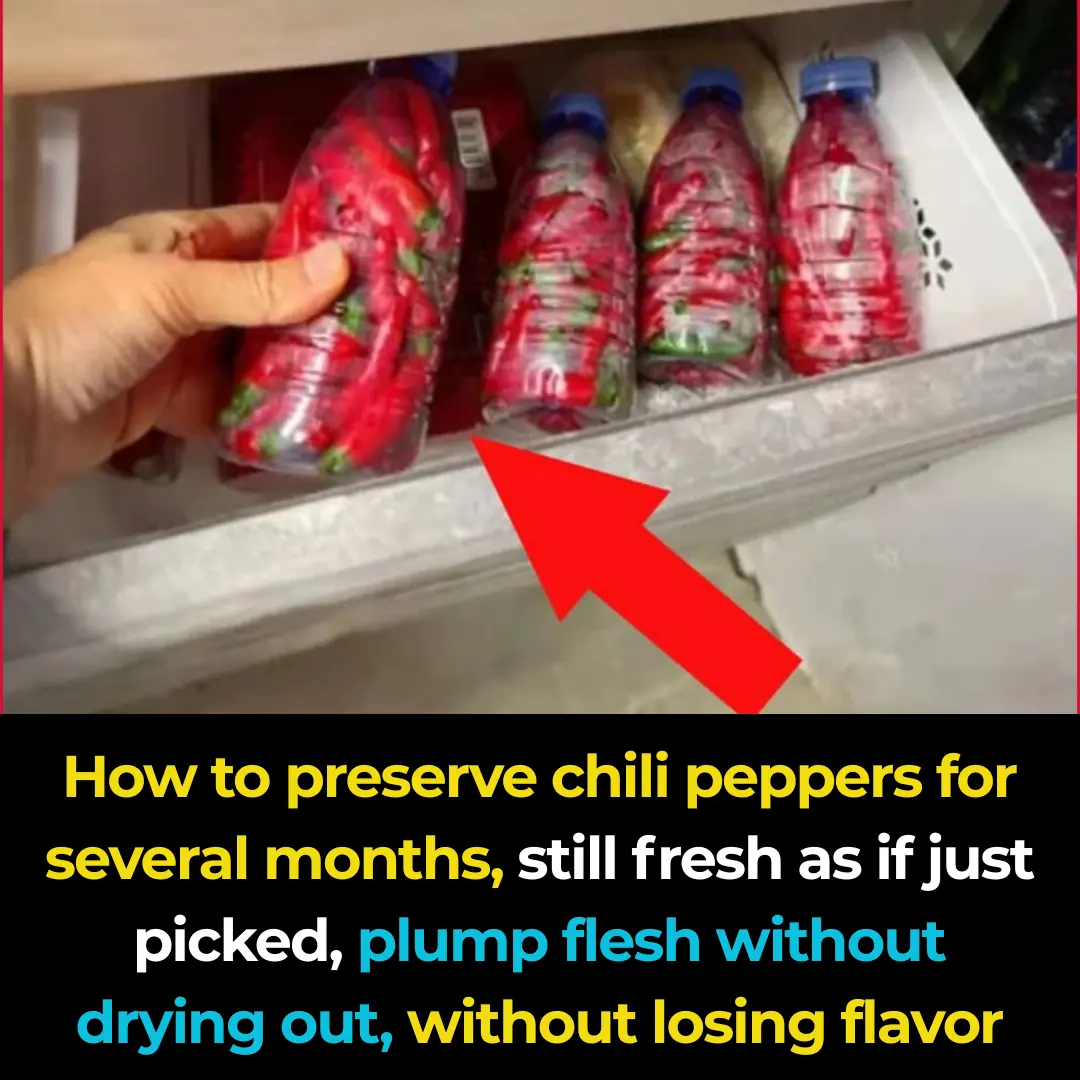
How to store chili peppers for months, keeping them as fresh as if they were just picked, with firm, plump flesh that doesn't dry out or lose flavor.

3 powerful vegetables everyone overlooks (but shouldn’t!)
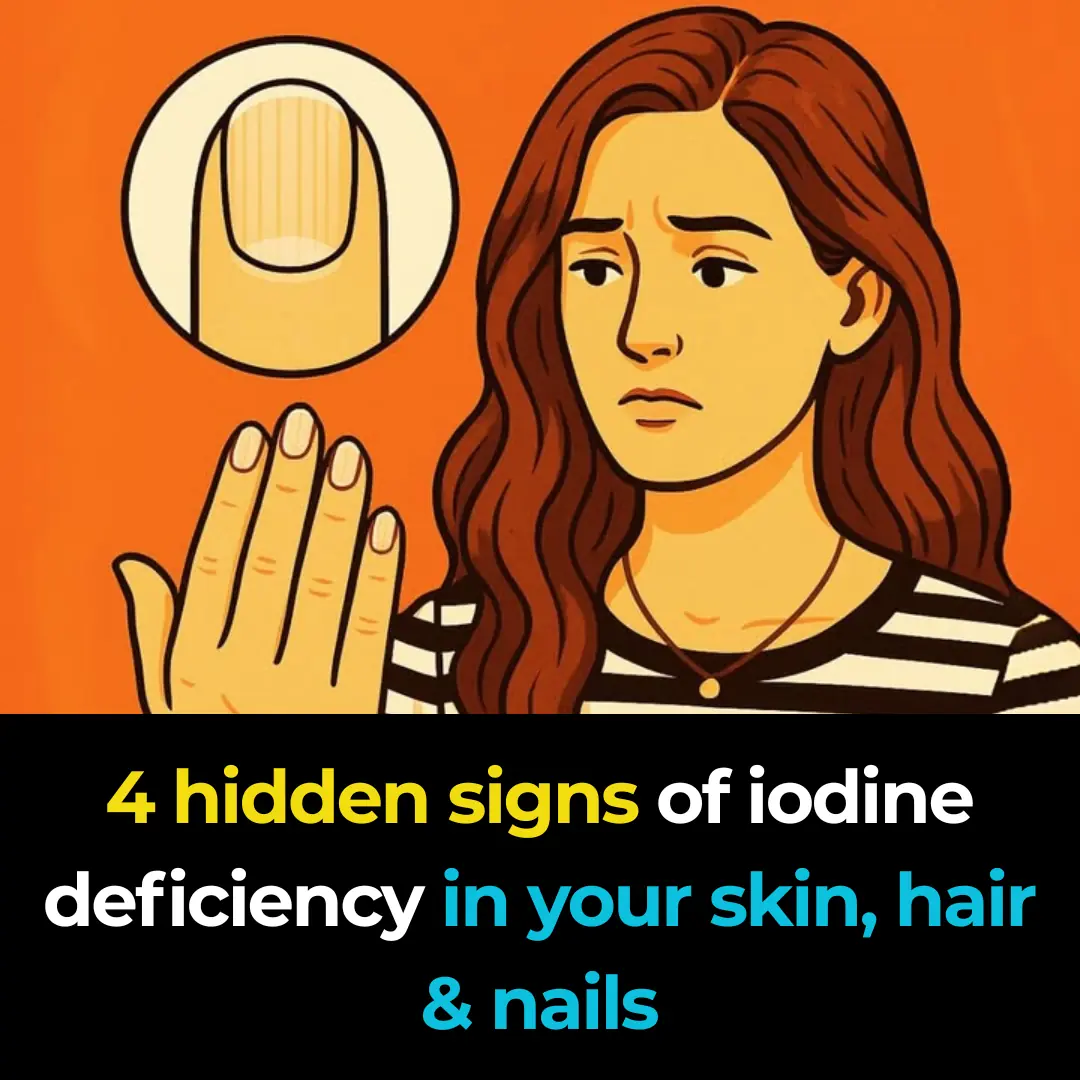
4 hidden signs of iodine deficiency in your skin, hair & nails

The Most Effective Natural Way to Remove Gallstones

Mugwort Plant: Benefits, Properties, and Uses

Purslane: The Superfood That Tastes Better Than Meat – 7 Reasons to Grow It in Your Garden
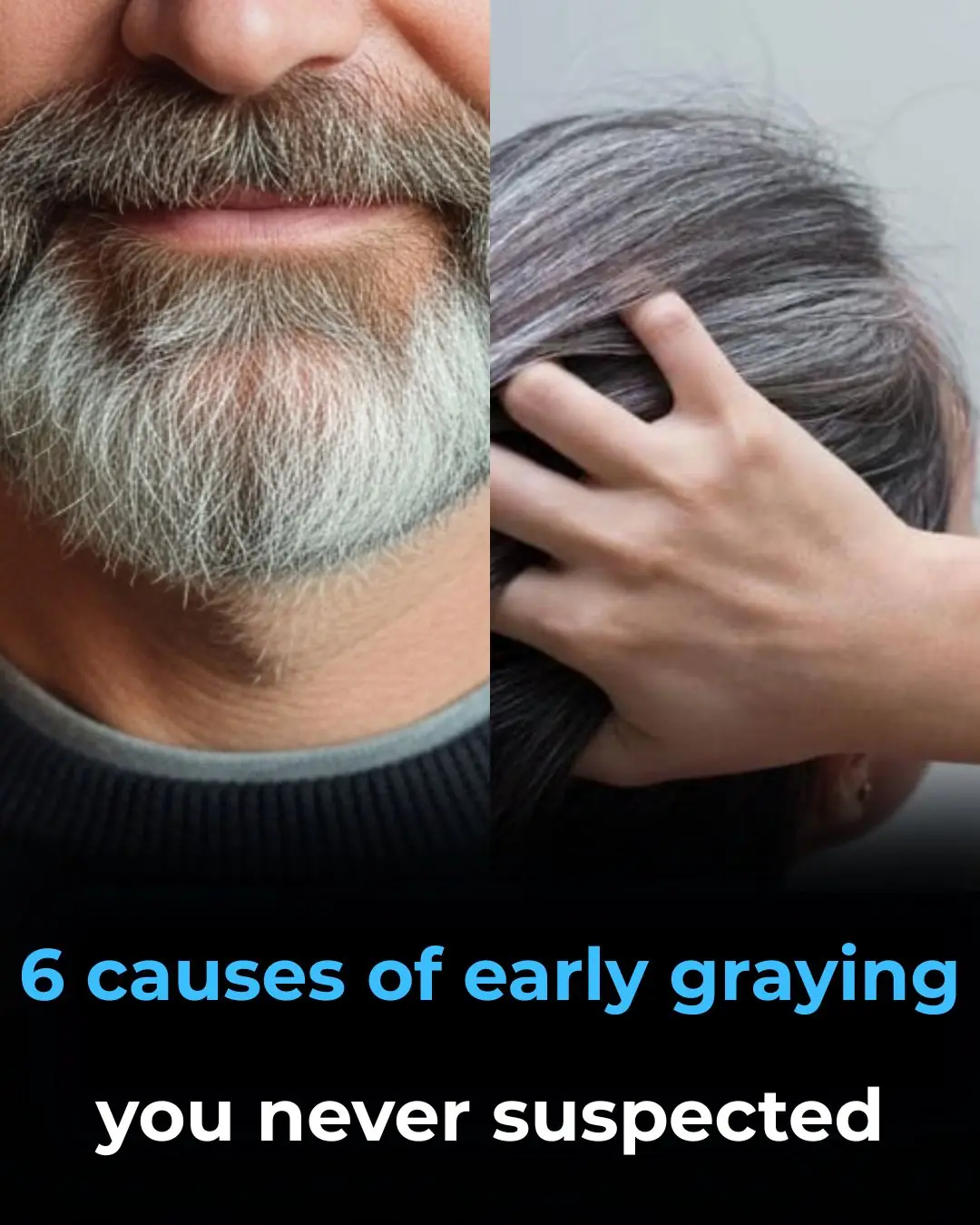
Causes of Early Graying You Never Suspected

That Persistent Scalp Itch

That Random Stabbing Pain in Your Chest Has Finally Been Explained

The Dirty Secret About Toilet Paper on Public Seats

If You Have These Two "Dimples" on Your Lower Back, Here's What They Mean

How to Save Electricity: Immediately Put a Roll of Toilet Paper into Your Refrigerator – An Amazing Trick That Also Saves You Money
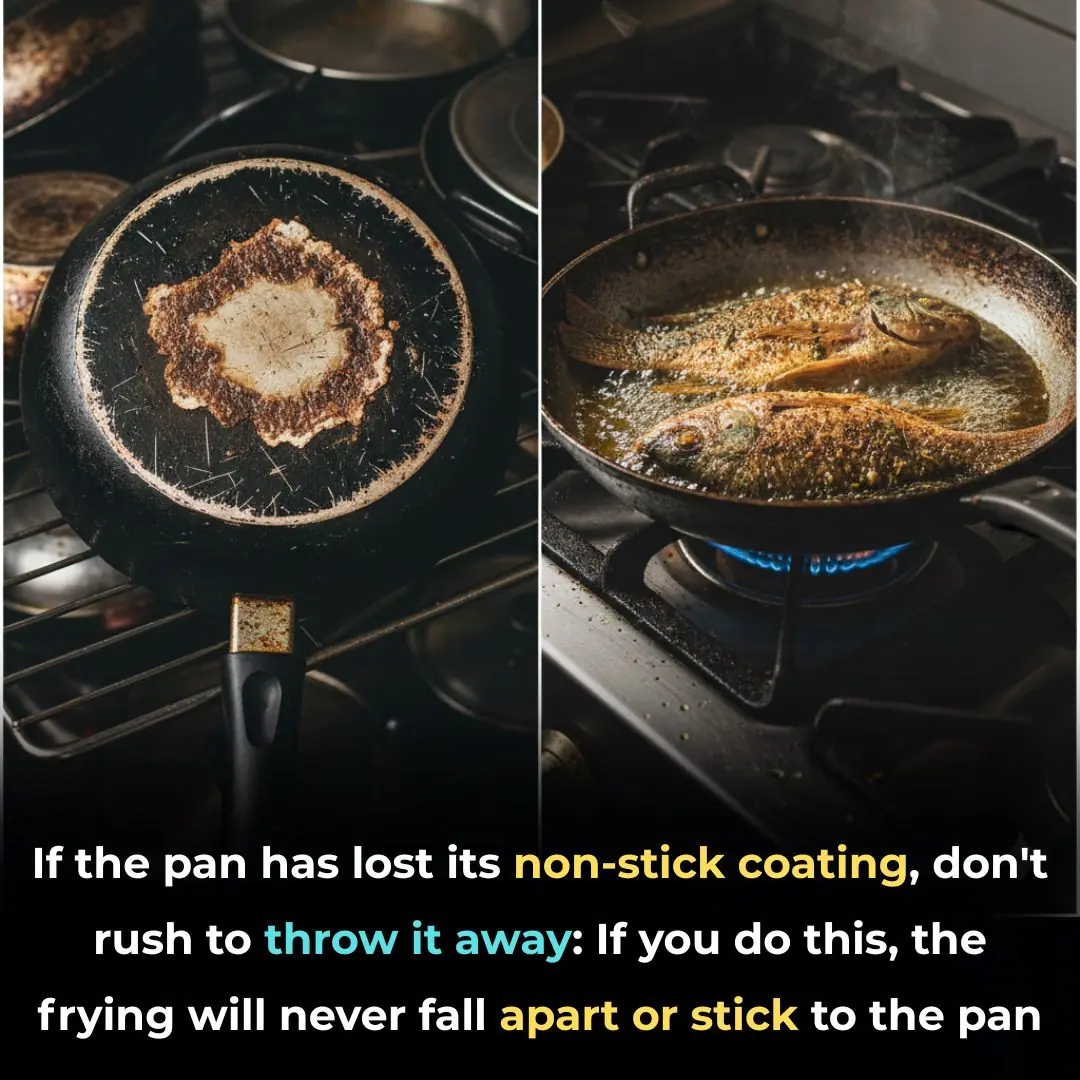
When Your Non-Stick Pan Loses Its Coating, Don’t Throw It Away: Try This Method to Fry Without Food Sticking or Breaking
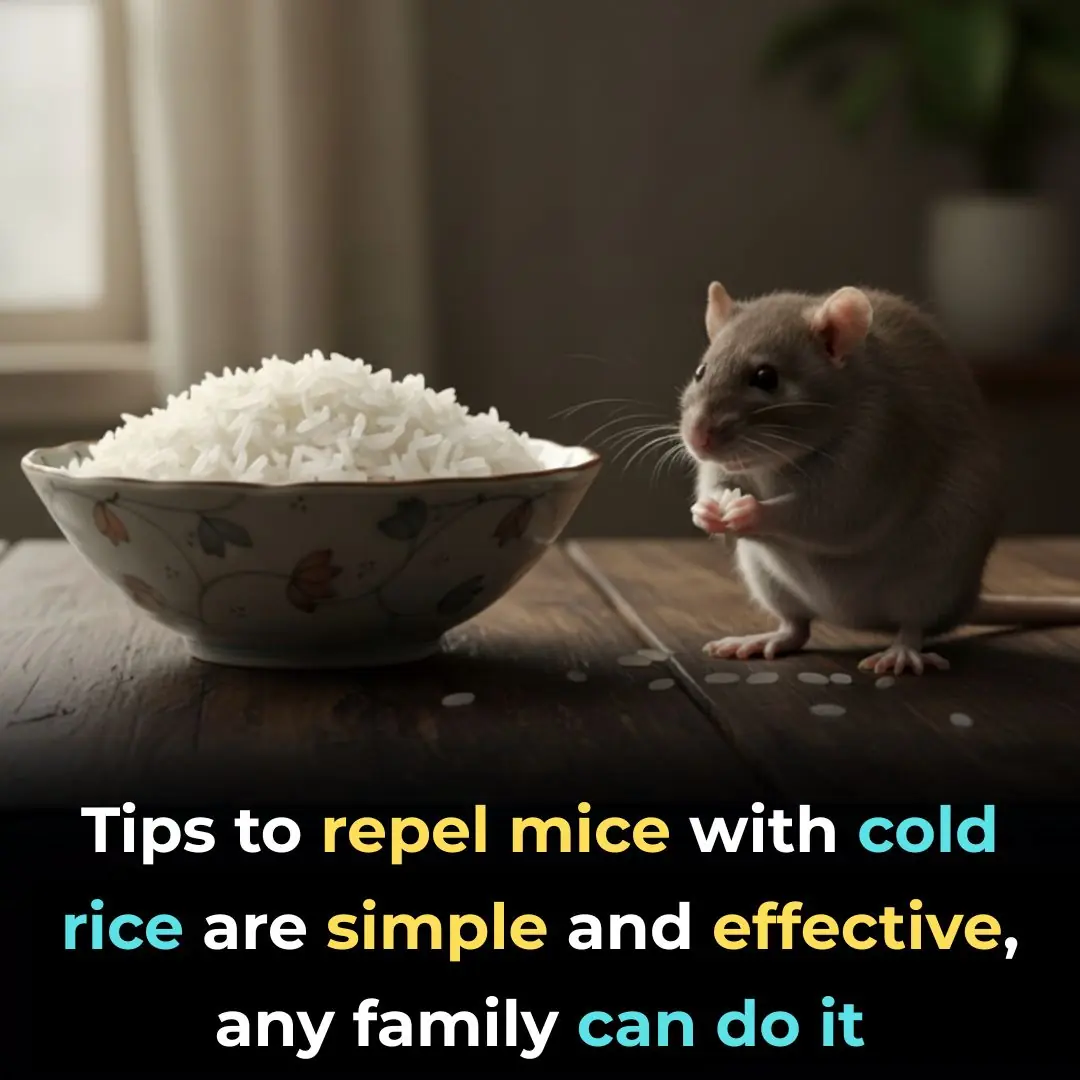
Simple and Effective Tips to Repel Rats Using Leftover Rice — Anyone Can Do It at Home

5 Most Common Deathbed Regrets, According to Palliative Care Nurse

🌿 Oregano: Nature’s Small but Mighty Healer
